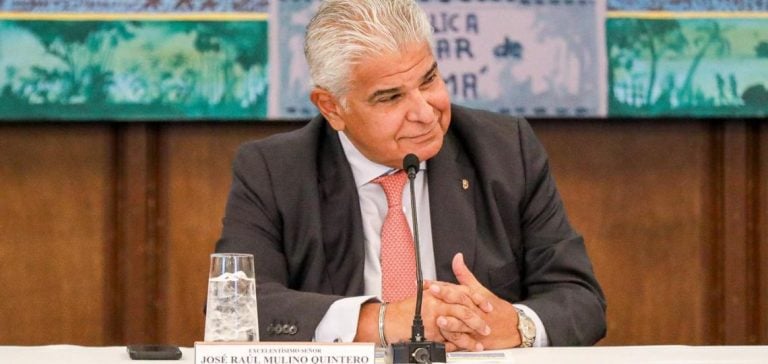The National Energy Secretariat of Panama (SNEP) has launched an energy auction aimed at contracting power for the 2025-2030 period. This initiative allows energy producers to compete in two distinct categories: contracting power and providing capacity, with contracts lasting up to 60 months.
The procurement exercise will take place before December 10, offering producers the opportunity to propose projects in the fields of hydroelectric, wind, solar, and biomass energy. This approach aims to diversify the country’s energy mix and strengthen energy security.
Objectives of the Energy Auction
The secretariat stated that this measure aims to prevent increases in the cost of electricity that had been deferred over several semesters to soften their impact on consumers. According to the National Secretary of Energy, Juan Urriola, adjusting the contracted amounts to match actual demand ensures that only the necessary energy is procured, thereby protecting consumers from potential price hikes due to over-purchasing.
History of Energy Auctions in Panama
In February 2024, Panama launched its first long-term tender for renewable energy in a decade. However, in July of the same year, the National Energy Secretariat suspended this process, deeming that it did not meet the transparency standards required by investors nor offered better prices for Panamanians. This tender was initially introduced by the previous administration for the purchase of capacity and power.
Installed Capacity and Future Prospects
According to the International Renewable Energy Agency (IRENA), Panama had installed approximately 570 MW of cumulative photovoltaic (PV) capacity by the end of 2023. The country deployed about 70 MW of new PV capacity last year, demonstrating continuous growth in the renewable energy sector.
Implications for the Panamanian Energy Market
The introduction of this energy auction is expected to stimulate investment in the country’s renewable infrastructure, thereby promoting the energy transition and reducing dependence on fossil fuel sources. Additionally, this initiative could attract international investors interested in Panama’s expanding renewable energy market.






















